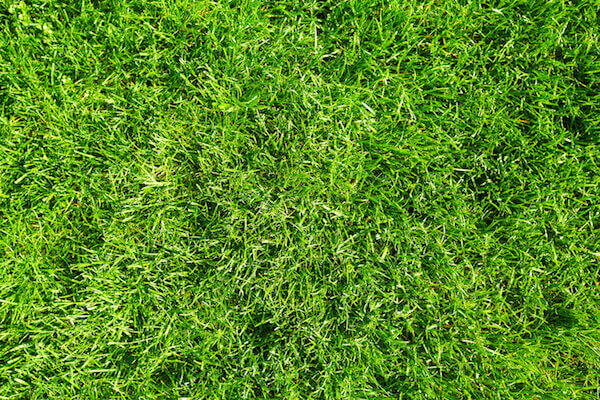
Is Bahia Grass Right for Your Florida Lawn?
Are you thinking about installing a new lawn on your property? What kind of grass should you use for the best results in Florida? You may have heard of Bahia grass and Bermuda grass. Which one is the right choice for your lawn? The pros at Duda Sod are here to answer some basic questions to help you make an informed decision.
What is Bahia Grass?
Bahia Grass is a grass that is hardy in hot southern climates such as southern Florida and along the Gulf Coast. It was introduced to America in the early 20th century as a reliable pasture grass for cattle and livestock. It remains green and growing throughout three seasons and is highly tolerant to drought, sun, sandy soil, and even salt when grown on the edge of tidal plains.
Why is it Better for My Southern Lawn Compared to Northern Varieties?
Many kinds of grass produced for the more temperate climates of the northern states actually require a cool or cold season in order to maintain a healthy lawn. Florida’s hot and humid climate constantly stresses out the northern varieties, which can result in your lawn struggling year after year. Bahiagrass can withstand the searing sunshine, long dry periods, and loves periodic soaking downpours. It requires much less fertilization and maintenance to keep its beautiful lush appearance.
Does It Stay Green Year Round?
Despite the fact that it does stay greener longer than other hot-climate grasses, Bahia grass does go into dormancy during the cooler winter months of December through February. In order to avoid a completely brown lawn, overseeding it with a variety of fast-growing rye in the autumn can help maintain color while the Bahia grass rests.
Will it Survive a Dry Year?
Drought resistance is what makes Bahia grass so popular with homeowners and lawn care professionals. While it will lose its vibrant green color during an extended dry spell, its deep root system can survive most droughts. Once the rains return, the lawn will start to fill in with little encouragement. It is rare that the entire lawn will die due to drought. This makes this grass very attractive in communities where water conservation is enforced.
Is it the Same as Bermuda Grass?
No. Bahia grass grows well even in sandy soil while Bermuda requires a carefully fertilized soil with excellent drainage. While both kinds of grass enjoy the hot climate, Bermuda demands much more attention while Bahia works well for large lawns and parks. After your spring feed and seed, Bahia really just needs regular mowing. It is suggested to cut it to 2 to 3 inches high so that the blades of grass can better shelter the root structures.
When Should I Overseed Established Bahia Grass?
Overseed in the early spring, just when the lawn starts to come out of dormancy. Putting down extra seed in the fall won’t net any results until the dormancy period passes.
Is it a Fast Growing Grass?
One drawback to putting down Bahia grass seed is that it germinates slowly and can take several months to begin to establish a new lawn. However, that slow-growing process helps it build its natural resistance to drought and searing sun so that it is less likely to require a second seeding. Seed is inexpensive if slow to grow. If you prefer instant results, talk to your lawn care professional about installing sod, but you will have to monitor it carefully to ensure proper root growth.
Does it Stand Up to High Traffic Usage Like Sports Fields?
If you want a nice thick lawn for a playground or public space with lots of foot traffic, Bahia grass may not be the best option. It performs best in wide open spaces. It does not create a cushiony thatch so never achieves that soft and spongy feel of a luxury lawn. However, if your property has acreage that accents the landscape and only occasionally hosts a visit from the kids, Bahia grass will create a stunning and eco-friendly green space.
When you are ready to have a new lawn installed at your Florida property starting from seed or sod, give the landscaping professionals at Duda Sod a call for responsive and reliable service.